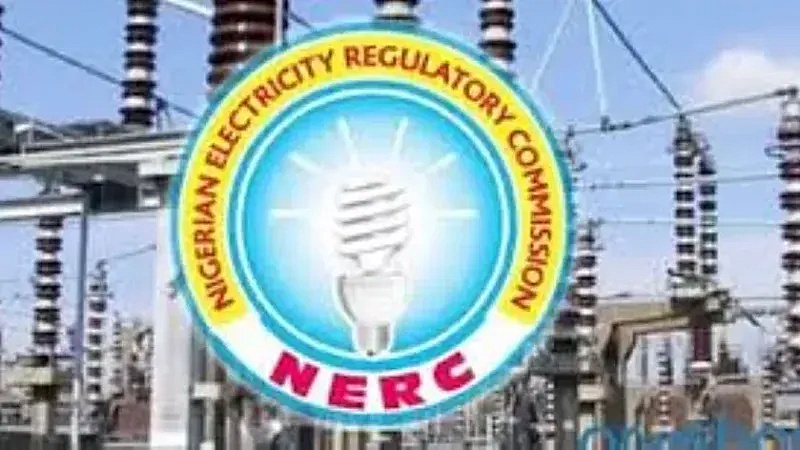Arthur Eriye
The Nigerian Electricity Regulatory Commission (NERC) has revealed in a recent report that the federal government’s electricity subsidy obligation increased significantly in the first quarter of 2024. According to the report, the subsidy rose from N252.76 billion in Q4 2023 to N633.30 billion in Q1 2024.
In the first three months of 2024, the government’s electricity subsidy reached an average of N211.10 billion per month, compared to N84.25 billion in the previous quarter. The surge in subsidy is primarily attributed to the government’s policy of harmonizing exchange rates and maintaining end-user customer tariffs at the rates established in December 2022.
The absence of cost-reflective tariffs across all distribution companies has resulted in the federal government having to cover the gap through tariff subsidies. In Q1 2024, the government’s subsidy obligation amounted to N633.30 billion, representing 90.57% of the total Nigerian Bulk Electricity Trading Plc invoice. This indicates a significant increase of N380.56 billion (150.56%) compared to the N252.76 billion incurred in the previous quarter.
The subsidy is specifically applied to the generation cost payable by Discos (distribution companies) to NBET (Nigerian Bulk Electricity Trading) at the source. This subsidy, known as the Discos Remittance Obligation (DRO), covers the cost that the allowed Disco tariffs cannot accommodate.
In Q1 2024, the DRO-adjusted invoice from NBET to the Discos amounted to N65.96 billion, while the total remittance made was N65.52 billion, representing a remittance performance of 99.33%. This demonstrates a significant improvement compared to the remittance performance of 69.92% in the previous quarter.
In an attempt to reduce subsidy obligations, NERC recently discontinued subsidy payments in Band A areas, resulting in an increase in the tariff from N68 per kilowatt-hour to above N200. The electricity claim for April, May, and June 2024 was N140 billion, N102.30 billion, and N158.53 billion, respectively. These figures reflect the removal of subsidies in Band A and are higher than the N84 billion recorded monthly in Q4 2023.
In a recent report, the International Monetary Fund (IMF) cautioned the Nigerian government to eliminate implicit energy subsidies, as it is projected to consume three percent of the nation’s gross domestic product (GDP) in 2024, compared to one percent in the previous year. The IMF recommended that tariff adjustments be made to reduce subsidy expenditures by 0.1% of the GDP while continuing to provide relief to the poor, especially in rural areas.
Discover more from Tension News
Subscribe to get the latest posts sent to your email.

